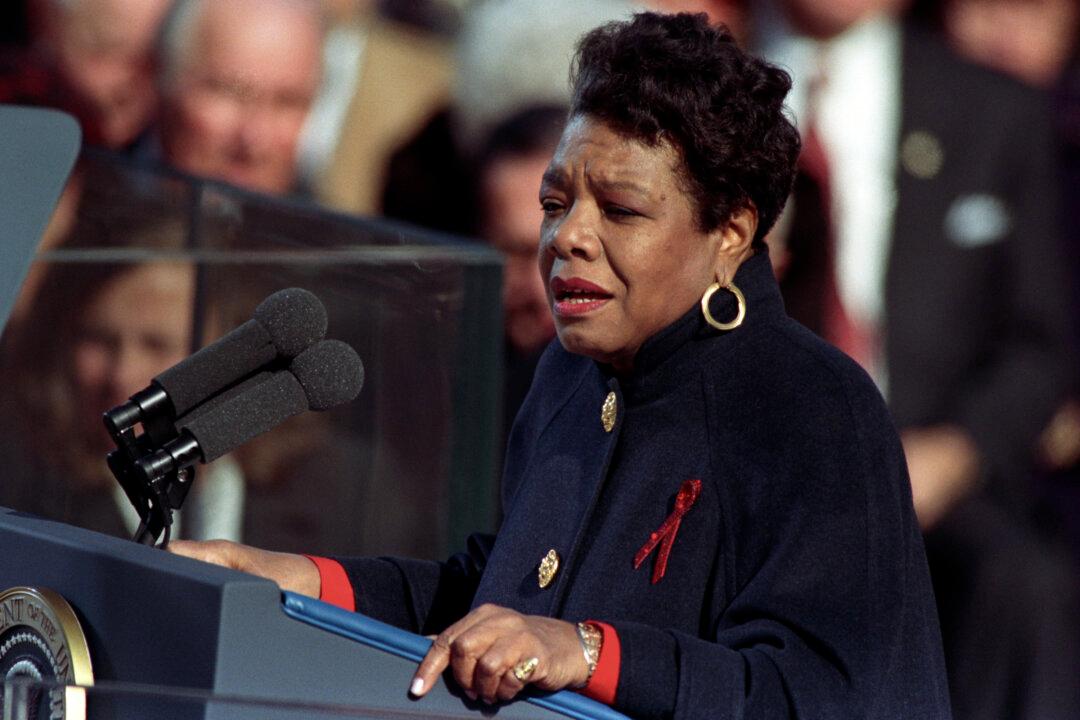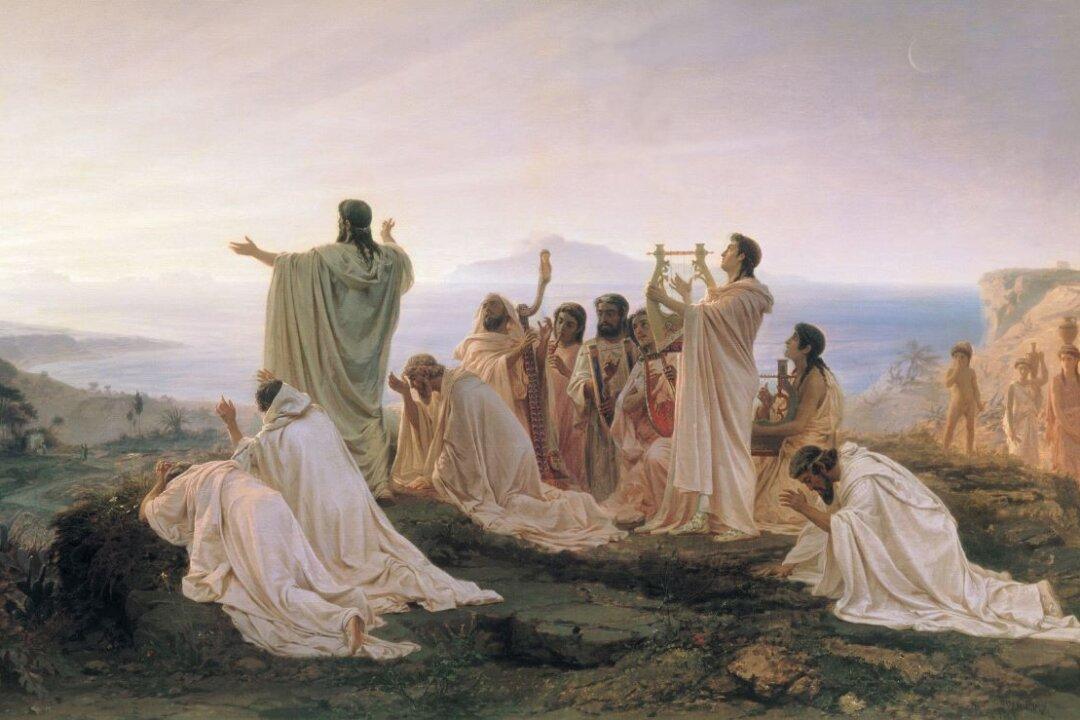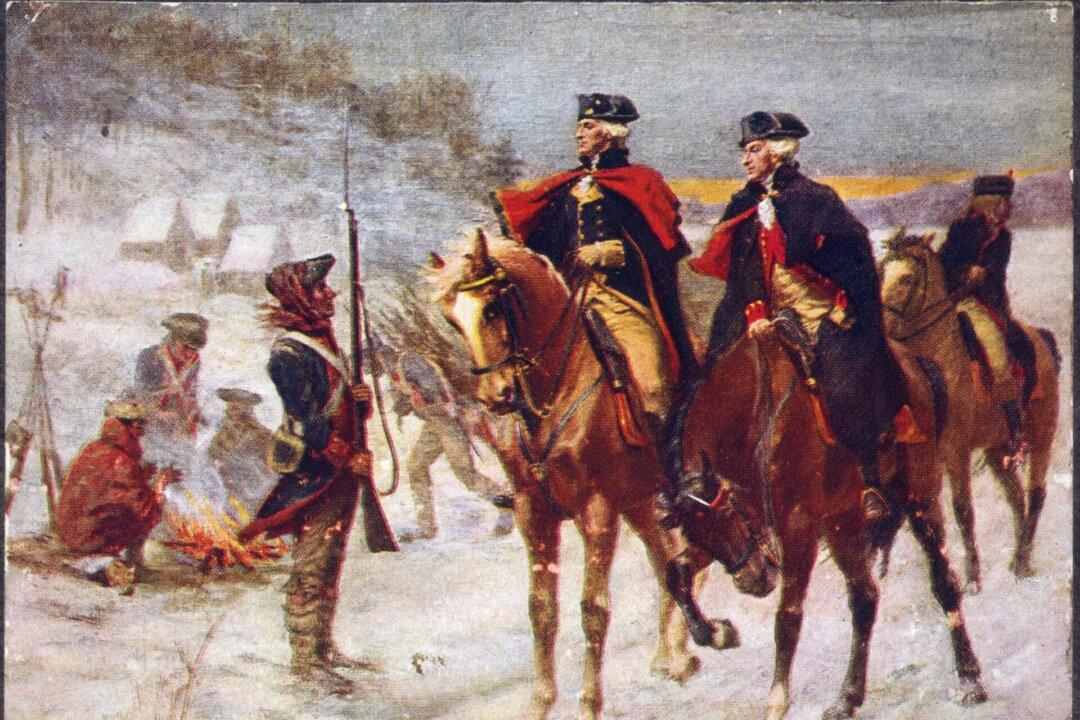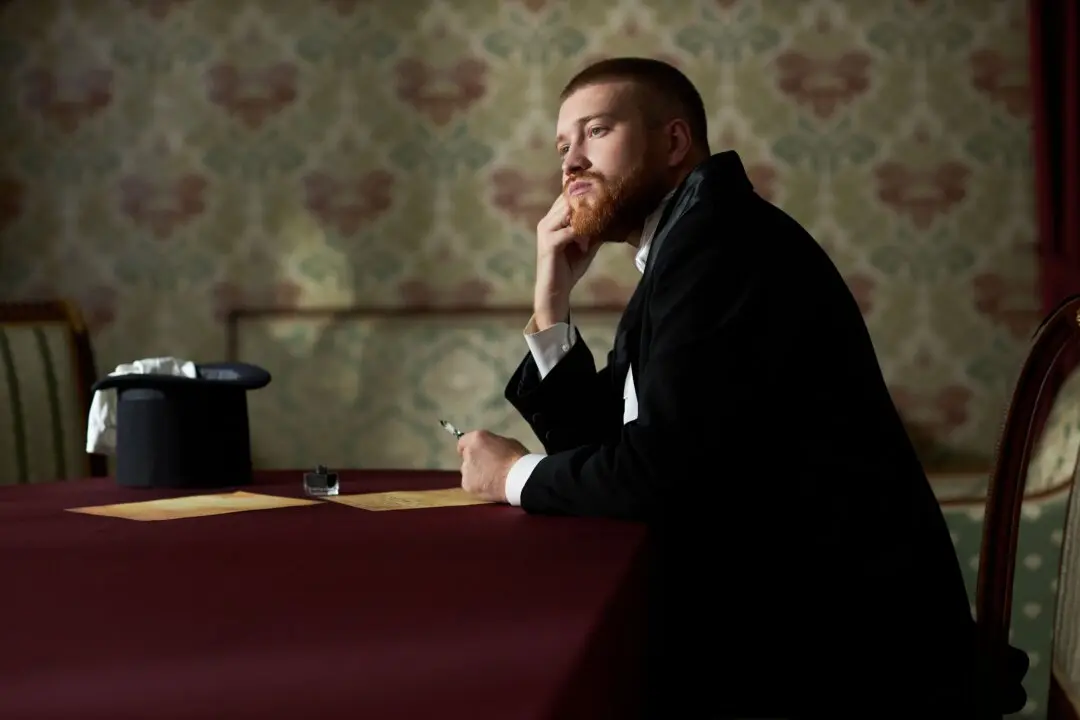Commentary
In the preface to his novel, “The Picture of Dorian Gray,” Oscar Wilde quipped that, “There’s no such thing as a moral or an immoral book. Books are well written or badly written, that is all.” Though Wilde’s idea has become common, it is blatantly false. While it is true that a work of art should stand on its aesthetic merits, art can never be entirely separated from morality.




